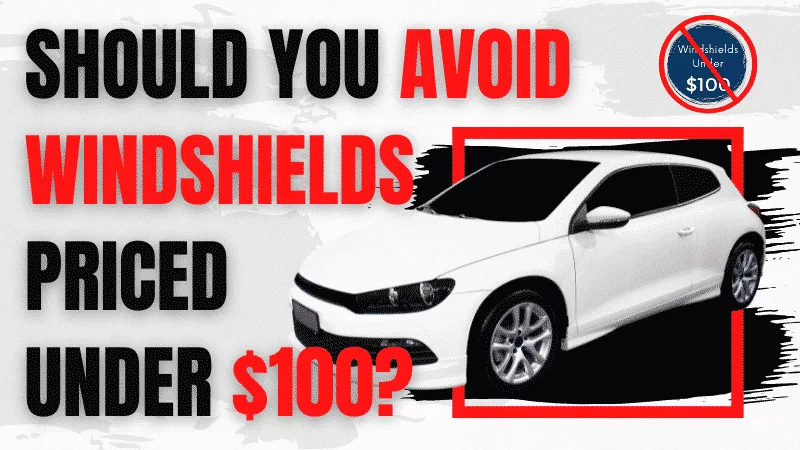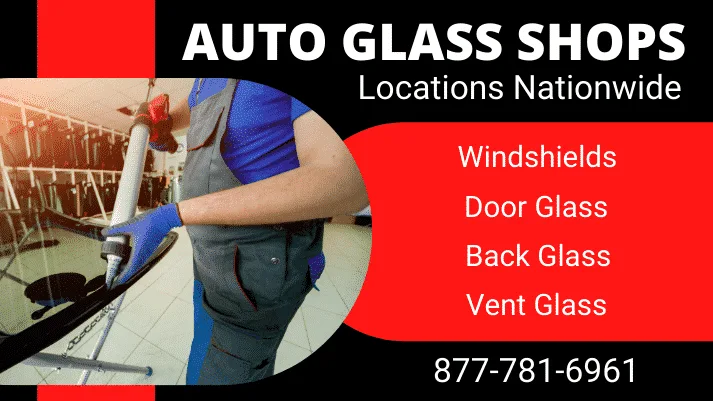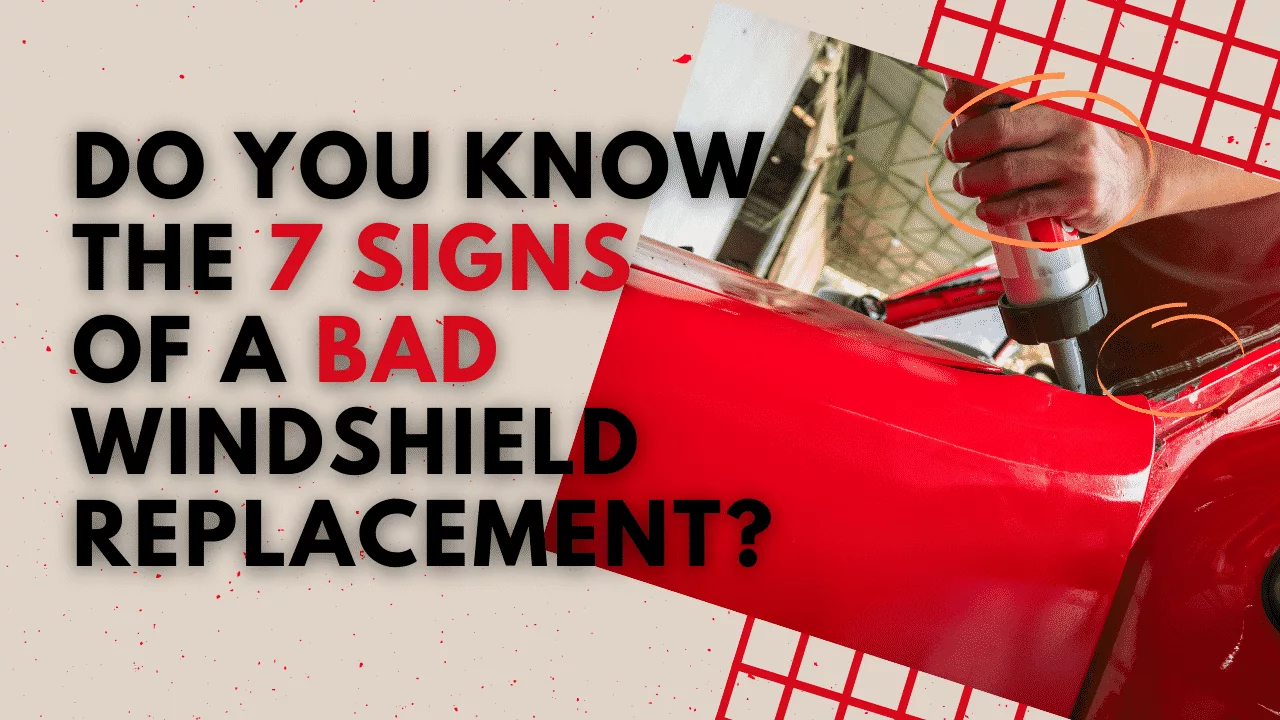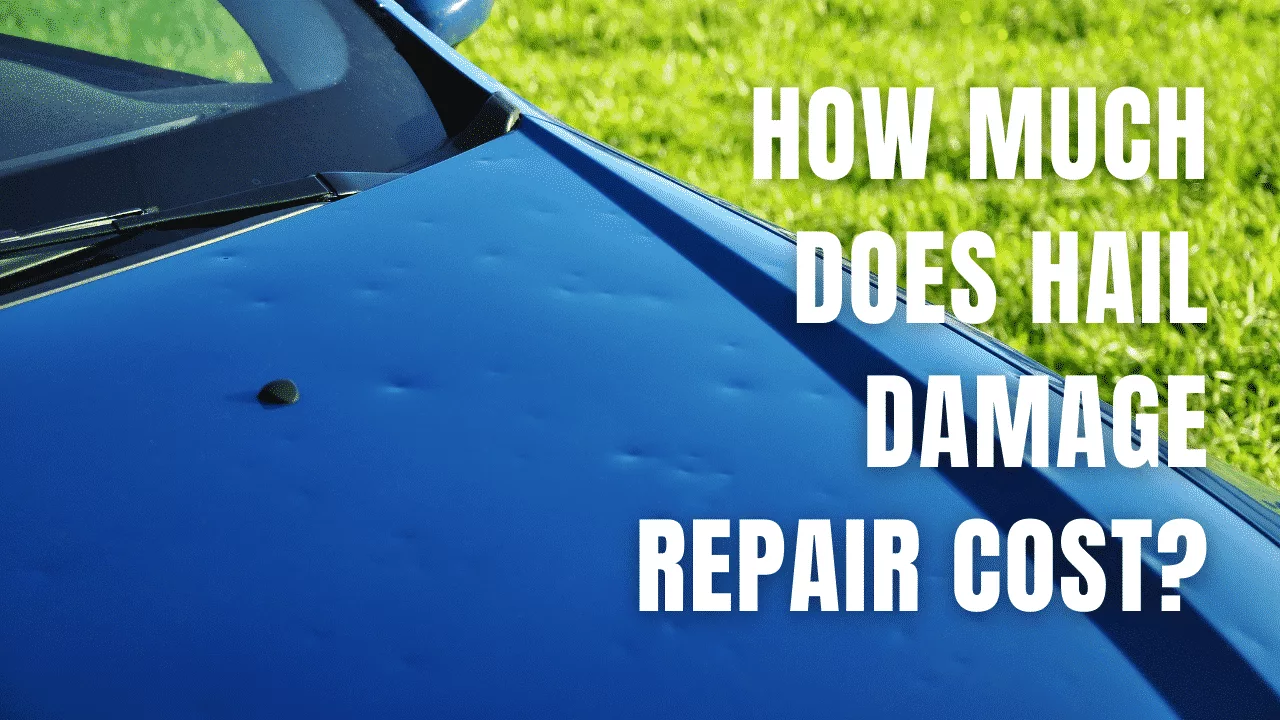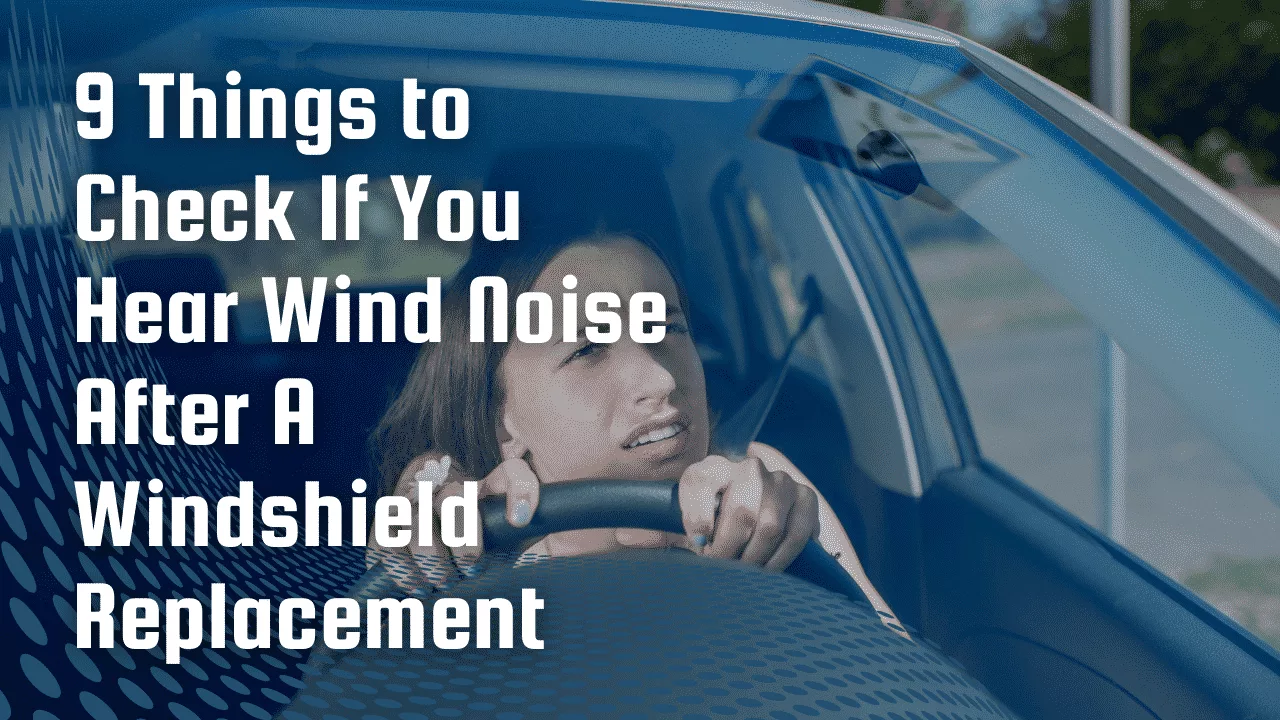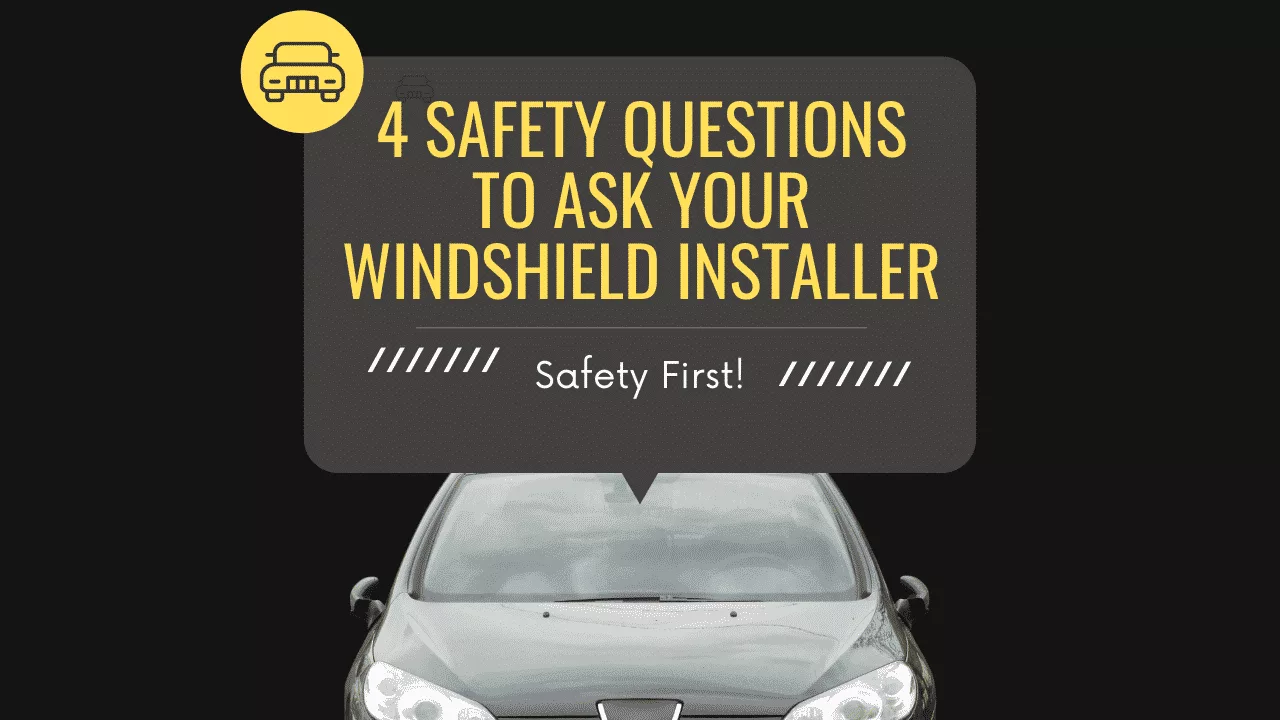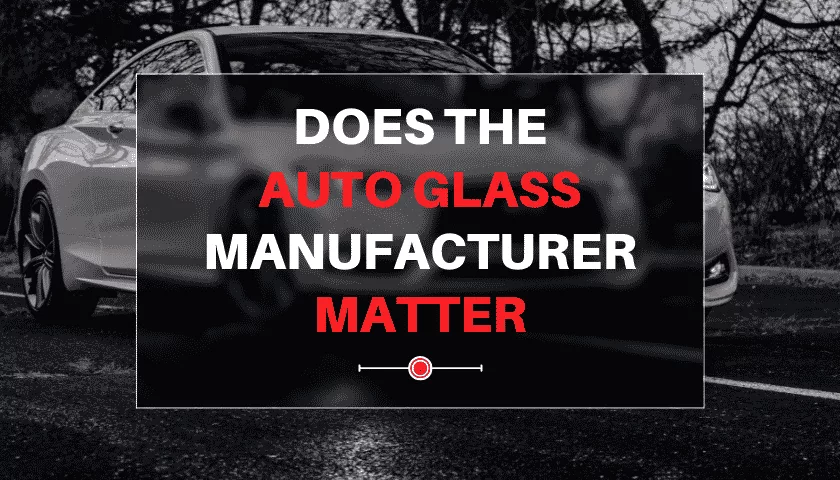
Picking Glass For Automobiles
Finding and choosing affordable auto glass for automobiles is pretty simple, with so many online resources available. However, how do you know which automotive glass manufacturer makes the best quality? Or, how do you know which type is best to buy? By the end of this article, you should have answers to these questions and more to help you make an informed decision when purchasing auto glass for your vehicle.
Does the Automotive Glass Manufacturer Matter?
The automotive glass manufacturer matters because it’s often the quality and strength of the window that determines how long it will last on your vehicle. In addition, each piece of glass in your car plays a unique role and has different levels of thickness required by law to help meet essential protection while driving.
Safe Glass Thickness
Regarding safety glass thickness for automobiles, consider the following three main areas: Windshields, side windows, and the rear window. Let’s look at the importance of each below and the standard thicknesses they require.
Windshields
Windshields are the most crucial area of the automobile as it protects the driver from flying debris or objects during a collision, which is why most states require that all new vehicles come equipped with shatter-resistant windshields. In addition, the windshield must be greater than.5 inches (1.25 cm) thick.
Side Windows
The second most important part of the automobile is the side windows. They offer additional visibility for the driver and passenger, but they’re not nearly as critical as the windshield.
If you live in a state where side windows are mandated to be tempered glass, you’ll want to ensure they meet the correct thickness required for safety. Most states specify that side windows must be between 1/4 inch (6 mm) and 3/16 inch (7.2 mm) thick.
Rear Window
The rear window is the least important part of the automobile and offers little protection from flying debris or objects outside the vehicle. However, all cars manufactured after 1996 must have a rear window no less than 3/8 inch (9 mm) thick, including most luxury sedans and sports cars.
Quality Control
Quality control for automotive glass is typically handled at the factory level. However, the Federal Motor Vehicle Safety Standards (FMVSS) and the National Highway Traffic Safety Administration (NHTSA) also set regulations to help ensure the glass installed in vehicles keeps drivers safe.
Top 4 OEM and OEE Auto Glass Manufacturers
The original equipment and equivalent manufacturers below produce automotive glass that meets required standards set forth by the Federal Motor Vehicle Safety Standards (FMVSS) and the National Highway Traffic Safety Administration (NHTSA). These companies manufacture glass for passenger cars, light trucks, vans, SUVs, and minivans.
- Carlex Glass Co., LLC.: They manufacture laminated and safety glass for cars and trucks. Their main customers are BMW, Mercedes Benz, Ford, Chrysler, Volkswagen, General Motors, Honda, Nissan, Kia, Hyundai, Mazda, Mitsubishi, Subaru, Suzuki, Volvo, Land Rover, Jaguar, Infiniti, and Porsche.
- Fuyao Glass America, Inc.: They are the largest manufacturer of automotive glass in North America. They provide solutions for commercial and residential applications. Fuyao manufactures more than 70% of the world’s polycarbonate sheeting and can produce up to 200 million square feet annually.
- PGW Auto Glass: PGW provides solutions for commercial, residential, and fleet markets. They’ve provided auto glass services since 1946 and have been a leader in the industry for over 50 years.
- Pilkington North America, Inc.: They manufacture laminated glass for cars and trucks and provide window solutions for commercial buildings. In addition to its window film business, Pilkington offers other services, such as architectural glass, solar control films, and specialty coatings.

Different Glass Types
There are three main types of glass used to make automobile windshields: laminated, tempered, and polycarbonate. Each type has its advantages and disadvantages. Keep reading to learn more.
Laminated Safety Glass
Laminated comprises two layers of glass bonded together by an interlayer of plastic film, most commonly found in windshields and side windows. Check out our article on laminated safety glass for additional information.
Advantages
It offers good impact resistance, is easy to install, and can be tinted if desired. In addition, laminated generally stays in one piece if broken, which helps prevent shards of glass from entering the car’s cabin during accidents.
Disadvantages
Laminates tend to chip or crack when hit by fast-flying rocks while driving. They also get scratched easily.
Tempered Safety Glass
Tempered comes from a single sheet of glass that’s been heat treated. Tempering toughens the glass and increases its ability to withstand impacts without breaking.
Tempered is similar to laminated, except it’s thicker and designed to break into small pieces instead of large ones when shattered—making it safer because there’s less chance of sharp fragments getting inside the car during breakage.
Advantages
They have better impact resistance than laminated and won’t chip or scratch as easily.
Disadvantages
Typically cost more than regular safety glass and is difficult to install.
Polycarbonate Glass
Polycarbonate is another popular choice for windshields and side windows due to its lightweight and high impact resistance. Polycarbonate is also very clear and doesn’t distort images like other types of glass. It’s also highly durable and resistant to scratches.
Advantages
Lightweight, thin, and distortion-free, it doesn’t scratch easily and has a high impact resistance to help prevent breakage from flying debris or rocks.
Disadvantages
It’s not as strong as other materials, is challenging to shape and cut, and is expensive.
FAQ
- Does all automotive glass provide UV protection? Unfortunately, no. Not all automotive glass provides complete UV protection. Most automotive glass does offer some level of UV protection, however.
- What is the difference between UV-treated and non-UV-treated glass? The non-UV-treated glass will block out 100% of ultraviolet rays. The UV-treated glass will allow a certain amount of light to pass through. For example, most windshields have about 50% UV protection, while most side windows only have 20%. Adding aftermarket window tinting would increase your UV protection even further.
- Is OEE / aftermarket glass as safe as OEM glass? Yes. Aftermarket is just as safe as OEM. In addition, many people prefer aftermarket because it is less expensive.
- Why is there wind noise after having my front windshield replaced? If you’re hearing additional wind noise after having replacement services performed, you might need to have the auto glass provider check the outer seal. Check out our articles on wind noise after a windshield replacement or signs of a bad replacement to learn more.
- What is Gorilla Glass, and is it used on cars? Gorilla Glass is a tempered glass tested to withstand higher impact forces and used in various applications, including but not limited to car windshields. According to CarandDriver.com, Gorilla Glass is now available for late-model Ford F-150 pickups, JK Jeep Wrangler SUVs, and some luxury cars. In addition, Porsche, McLaren, and Ford GT started offering Gorilla Glass as original equipment.
- Does Gorilla Glass cost more than OEM or OEE glass? Gorilla Glass is far from industry standard, but it’s more rigid, lighter, and almost chip-resistant. Hence, the cost of a windshield replacement with it is considerably higher than traditional OEM and OEE glass.
- Will my insurance company pay for Gorilla Glass? Unfortunately, most insurance companies only install OEM or OEE glass since the cost of Gorilla Glass is more expensive.
- Is Gorilla Glass bulletproof? Gorilla Glass is firm but not bulletproof. However, it is incredibly durable and can withstand high-impact forces without breaking.
- Is the bulletproof and bullet-resistant glass made the same as traditional glass? Unfortunately, no. Standard automotive glass breaks into small pieces when impacted, leaving minimal risk for injury to passengers within the vehicle. In contrast, bulletproof and bullet-resistant glass protect more efficiently against larger projectiles like bullets, so they won’t shatter when impacted.
- Do auto glass specialists have certification requirements? Not all states require installer certifications, but we prefer a certified installer for safety reasons. There are reputable organizations like NATE (National Association of Certified Technicians), ASE (American Society of Safety Engineers), and AGC (Automobile Glass Certification) that provide thorough training to help ensure you and your family are safe after having a replacement. In addition, these organizations ensure that auto glass technicians meet minimum standards and undergo regular testing to maintain their certification.
- What is annealed glass? Annealing is a process where glass is heated to a low temperature and then slowly cooled back down. This process creates a stronger glass than standard heat treatment methods. It also makes the glass softer, making it cut easier.
Key Takeaways
- The automotive glass manufacturer matters when it comes to quality and strength.
- There are three main types of glass used for windshields: laminated, tempered, and polycarbonate.
- Auto glass safety regulations are set forth by the Federal Motor Vehicle Safety Standards (FMVSS) and the National Highway Traffic Safety Administration (NHTSA) to help police the auto glass industry and keep drivers safe.
- Four top manufacturers for car glass meet the safety regulations of the FMVSS and NHTSA: Carlex, Fuyao, PGW, and Pilkington.
- Not all glass installed on vehicles will have the same UV protection, which may require additional aftermarket window tint.
- Many installers are not certified but fully capable of replacing the windows on your vehicle. Still, certified auto glass technicians better understand the correct safety procedures and materials required to replace your glass.
Conclusion
Most auto glass service providers buy glass pieces from one of the top four manufacturers listed in this article which should meet the recommended safety ratings for your state. However, you might ask the auto glass service provider which brand they are installing on your vehicle to ensure you’re getting good quality glass.
Let’s Talk
We offer complete auto glass solutions, so whether you need a replacement for auto glass now or have a chip in your windshield and would like to schedule a repair. Our auto glass repair specialists are ready and able to assist.
We can also provide mobile auto glass replacement service to your home or office, so there’s no need to schedule time out of your busy day for a damaged windshield or another glass type. Select the button below to find and speak with the closest repair facilities in your area now.

